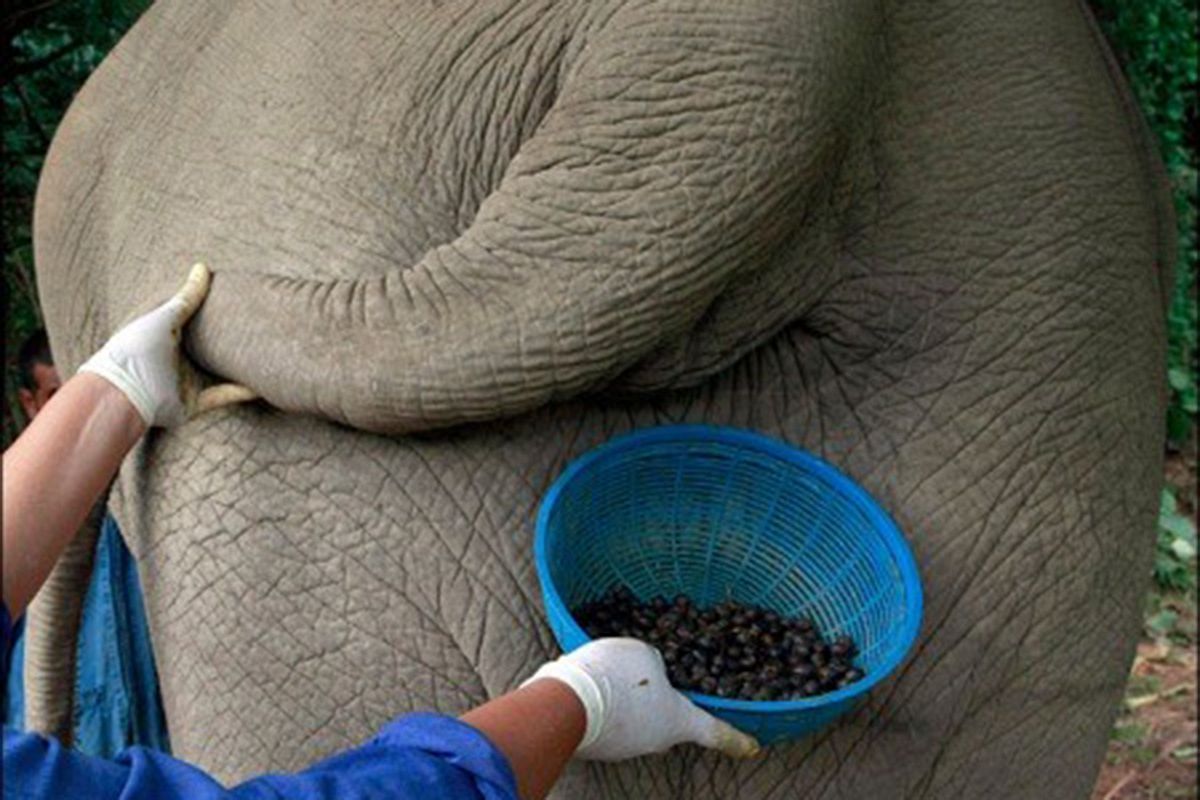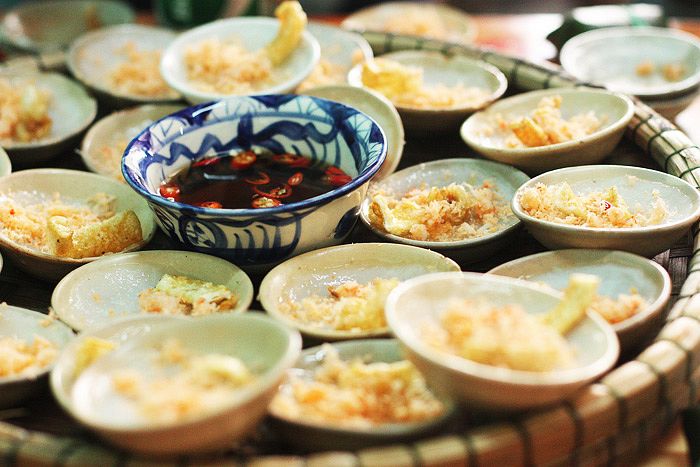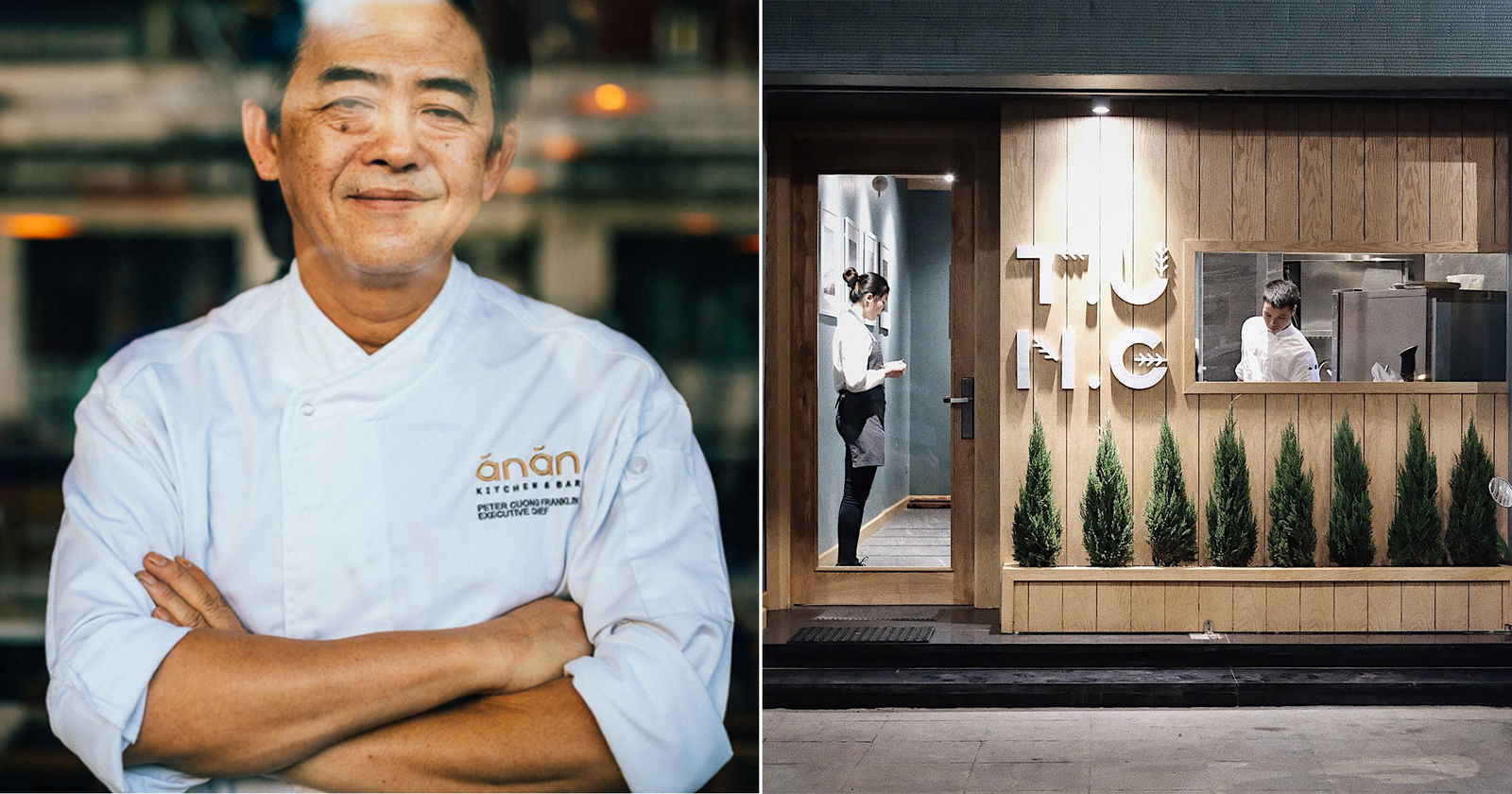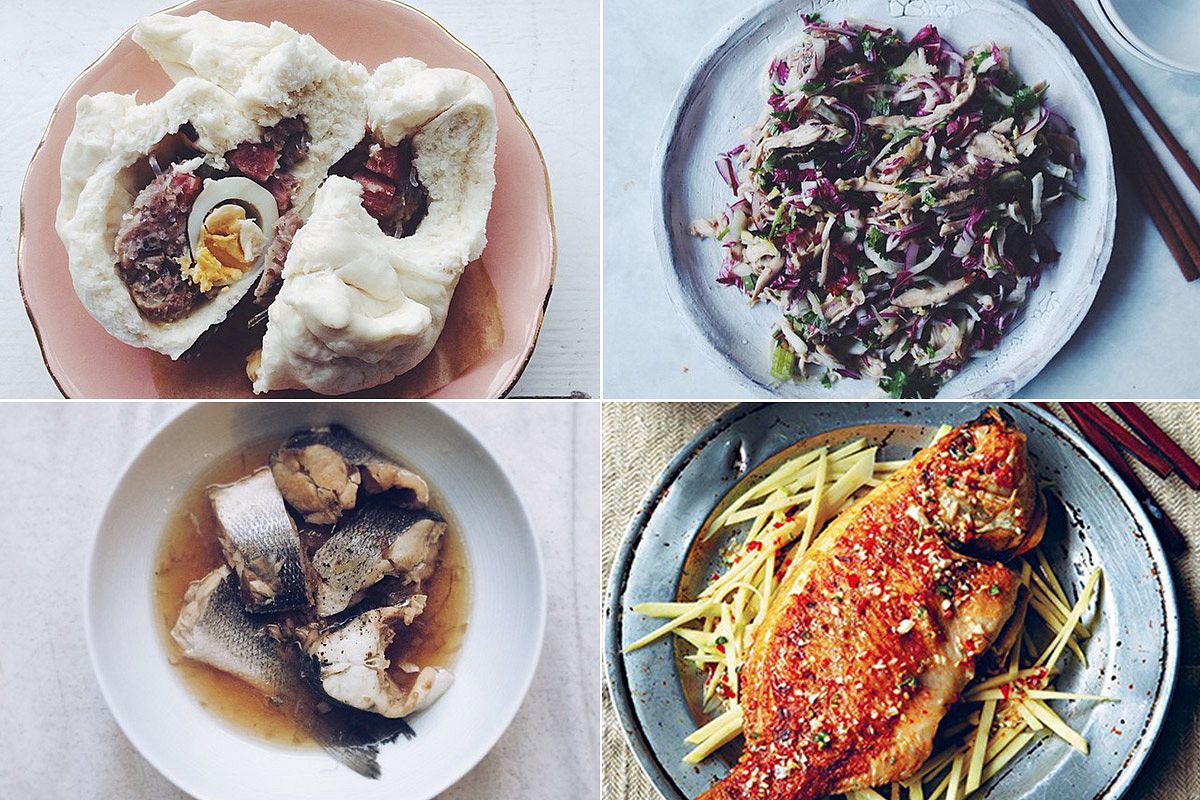A study in Indonesia has found thatkopi luwak, the world’s most expensive coffee, is often produced using caged civets kept under inhumane conditions.
Mongabay, a website dedicated to environmental and conservation news, reports that researchers from the non-profit World Animal Protection in London found worrying signs of disregard for animal welfare during their study. The group, led by Neil D’Cruze of Oxford University’s Wildlife Conservation Research Unit, assessed conditions at 16 civet coffee plantations on Bali.
The palm civet is a small, cat-like animal native to the forests and jungles of Southeast Asia. Coffee beans partially digested by these animals are used to make kopi luwak, which can cost upwards of US$100 for one cup. Some believe that the civet’s digestive juices ferment the coffee beans, adding a desirable nutty flavor to the final product.
In the past, kopi luwak was exclusively produced from beans collected from wild civet droppings. However, the gourmet coffee has caught on around the world, leading to increased demand. As a result, plantations with captive civets have appeared around the region in recent years. D’Cruze and his team studied a selection of such plantations and published their results in the journal Animal Welfare.
The researchers found that the civets at these plantations were kept in small cages that limited their movement and had wire flooring, which provided none of the vegetation they are used to in the wild, in addition to causing skin abrasions. The cages had little natural light, limited water supply and were often covered in feces and urine.
These plantations offer tours so that visitors can learn how kopi luwak is made, and the scientists found that most guests were ignorant of the poor conditions. According to Mongabay, D’Cruze said the “majority of tourists seemed oblivious to the cruelty involved in the civet coffee plantations that they visited.” He went on, adding “we witnessed people taking photos (including selfies) of the animals in their cages.”
While kopi luwak producers claim this is all done to create a more delicious brew, there is no consensus that using civet-digested beans makes any noticeable difference. As D’Cruze says, “my understanding is that despite the elaborate and clever marketing, most genuine coffee aficionados agree that in reality civet coffee is a gimmick and that is does not actually have a superior taste.” The researchers recommend that, if you must try kopi luwak, make sure it is from a plantation which collects beans from wild civets. If you ever visit a plantation with caged animals, do not buy anything.
While this specific study only covered one region of Indonesia, kopi luwak is also produced and sold here in Vietnam, where it is called cà phê chồn (weasel coffee). Given the poor state of animal welfare and conservation nationwide, perhaps one should think twice when they see a container of weasel coffee on sale.
[Photo via Wikipedia]














